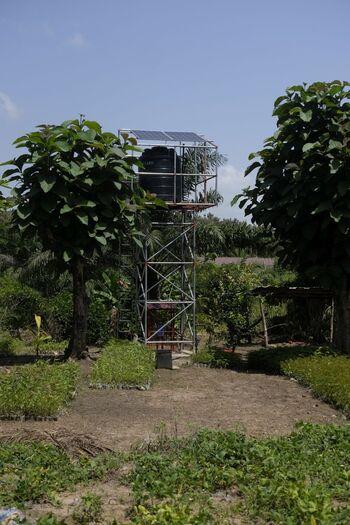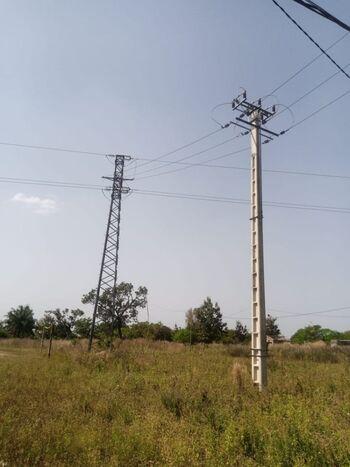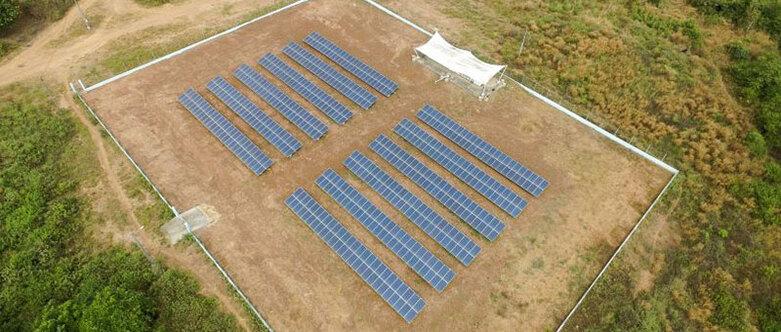Context
Since 2010, Togo’s nationwide electrification rate has risen from 23% to 60% (2021). While around four-fifths of urban areas now have access to electricity, only around a tenth of Togo’s rural areas are electrified. The electrification rate is lowest in Savanes, the country’s northernmost region.
In off-grid areas, electricity is rarely used for productive purposes. This leads to insufficient value creation and a weak social infrastructure in rural areas. The aim of Togo’s Government is therefore to ensure universal access to electricity by 2030.
Objective
Climate-friendly rural electrification, bearing in mind economic and social factors, has promoted access to basic social services for disadvantaged population groups.



